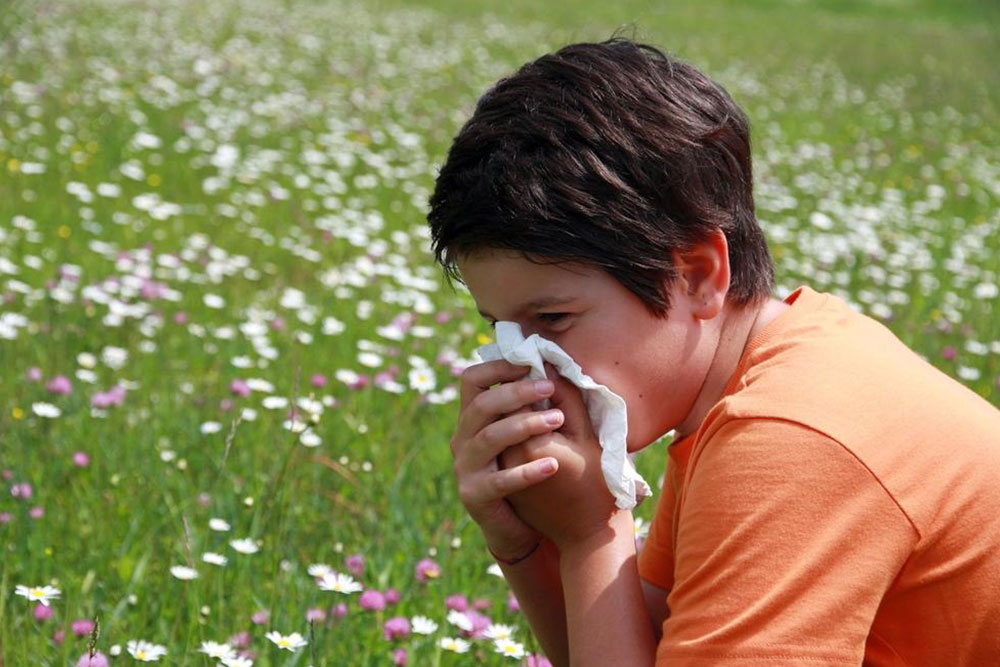Signs of pollen allergies one should know about
Do you usually have a runny nose and itchy, burning sensation in your eyes? Does this specifically happen around the time of spring? This could be a bodily reaction to pollen grains floating around with the breeze.
What is pollen allergy?
Pollen grains are tiny grain-like structures or powdered substances that are released by the male parts of the flowers. They are transported with the help of wind, insects, and animals to make reproduction possible.
Pollen allergies are common throughout the United States and this more common during spring.
Knowing the right source of allergy
There are more than a hundred varieties of pollen floating with the breeze.

You could be allergic to pollen from the cedar tree but still be fine around the birch tree. This is something known as specific allergy.
What causes allergies
Researchers and health experts are yet to find the exact cause behind any kind of allergies. However, science suggests that the immune system ducts become inflamed seconds after an encounter with any allergy-causing agent in the environment. Allergens exist in the environment in the form of proteins.
Signs and symptoms
Some of the signs of pollen allergies include:
- Itchy and watery eyes
- Cough
- Congestion in the nasal cavity
- Sinusitis like sensation, causing pain around the facial region
- Decreased sense of taste and smell
- Scratchy throat
- Swelling and bluish color is observed around the eyes
- Wheezing or coughing
Over the counter treatments
For those runny nose days, take decongestants into consideration to make breathing easier with all those pollen grains floating around. Nasal sprays come handy to unblock the clogged nasal cavity.
Allergy treatment shots
These are prescribed when the basic medications don’t have any effect on your body. Visit an allergy specialist for the proper dosage of injections to reduce the allergies. Soon, the body begins to get used to the trigger shot and keep the allergens at bay.
Outdoor preventive measure
Wearing a mask that covers your nostrils is a good idea to avoid any allergies.
Home remedies
- Try to inhale herbs and extracts like spirulina and butterbur
- Wash the clothes regularly that you wore outside
- Use air conditioner indoors and in cars, if you’re on the run
- Use a vacuum cleaner, with a high-efficiency particulate air filter (HEPA) in the house for cleaning purposes
- A few safety precautions are all that you need to keep the allergens away from you.

